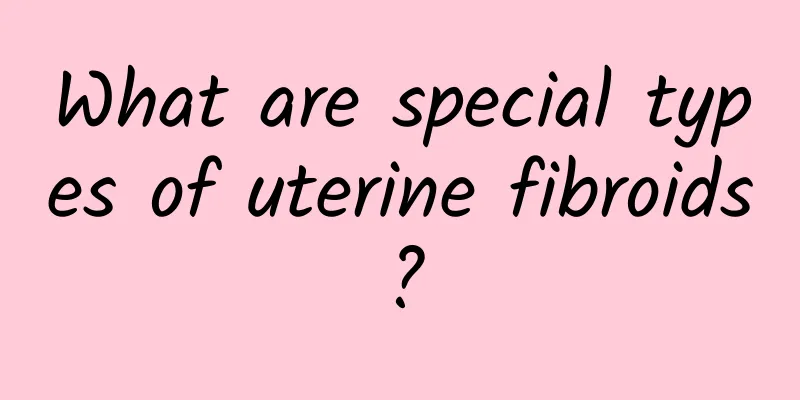What does functional uterine bleeding mean?

|
Dysfunctional uterine bleeding is a type of abnormal uterine bleeding caused by non-organic lesions. It is mainly related to endocrine disorders and is common in adolescent and perimenopausal women. Treatment includes medication, lifestyle adjustments, and surgical intervention when necessary. 1. Endocrine disorders are the main cause of functional uterine bleeding. Adolescent women are prone to hormone disorders due to the immature hypothalamus-pituitary-ovarian axis, which leads to irregular menstrual cycles and abnormal bleeding. Perimenopausal women have irregular bleeding due to ovarian dysfunction and estrogen level fluctuations. Mood swings, excessive stress, and excessive weight loss may also interfere with endocrine balance and induce functional uterine bleeding. 2. Drug treatment is the main method for functional uterine bleeding. Oral contraceptives can regulate hormone levels and help restore normal menstrual cycles; progesterone drugs such as dydrogesterone can be used to stop bleeding and adjust the cycle; non-steroidal anti-inflammatory drugs such as ibuprofen can relieve pain and reduce bleeding. Drug treatment should be carried out under the guidance of a doctor, and avoid self-medication. 3. Lifestyle adjustment can help improve symptoms. Maintain a regular work and rest schedule, avoid staying up late and excessive fatigue; eat more foods rich in iron and vitamins, such as lean meat, spinach, and red dates, to prevent anemia; moderate exercise such as yoga and walking can relieve stress and promote endocrine balance. Avoid excessive dieting and strenuous exercise to avoid aggravating symptoms. 4. For patients who are ineffective with drug treatment or have severe bleeding, surgical intervention may be required. Endometrial resection can reduce bleeding by removing part of the endometrium; uterine artery embolization controls bleeding by blocking the blood flow of the uterine artery; hysterectomy is the last treatment method for patients who have no fertility needs and severe symptoms. The surgery should be selected according to the patient's age, fertility needs and severity of the disease. Although functional uterine bleeding does not directly threaten life, long-term bleeding may lead to anemia, infection and other problems, affecting the quality of life. Patients should seek medical treatment in time, make a clear diagnosis and take targeted treatment. At the same time, maintaining a good living habit and mentality can help prevent and relieve symptoms. |
<<: What are the symptoms of adnexitis in the elderly?
>>: Is the pregnancy inside the uterus ectopic?
Recommend
Some treatments for pelvic effusion
Pelvic effusion is a pelvic inflammatory exudate ...
Dietary adjustments to relieve menopausal discomfort
When women bid farewell to their youth and enter ...
Is microtubule painless abortion good?
Is micro-tube painless abortion good? 1. Compared...
Can I take stomach medicine during menstruation? What medicines and foods can't be taken during menstruation?
Generally speaking, you can take stomach medicine...
How to treat amenorrhea by targeting its cause
Amenorrhea is a common symptom of gynecological d...
What to eat after uterine fibroid surgery? Dietary conditioning methods for uterine fibroids
Diet for uterine fibroids after surgery: What sho...
Treatment of pelvic inflammatory disease of damp-heat accumulation and cold-damp condensation type
Traditional Chinese medicine classifies pelvic in...
What should patients with vaginitis pay attention to in daily life?
What should patients with vaginitis pay attention...
The main cause of uterine fibroids
There are tumors in the uterus, which is the cond...
Several major hazards of cervical precancerous lesions
The harm of cervicitis to patients, in addition t...
Can I sign the painless abortion document myself?
Painless abortion is a painless artificial aborti...
Diagnosis of ovarian cysts
Ovarian cyst is a tumorous gynecological disease,...
Most women will get cervicitis after pregnancy? It is better to know these common knowledge about cervicitis as early as possible
After getting married, women will consider having...
How much does bacterial vaginosis surgery cost?
Bacterial vaginitis is not as terrible as many wo...
Causes of premature ovarian failure at 33 years old
Premature ovarian failure refers to premature ova...









